Language Movement Heroes: No list yet as HC order unheeded
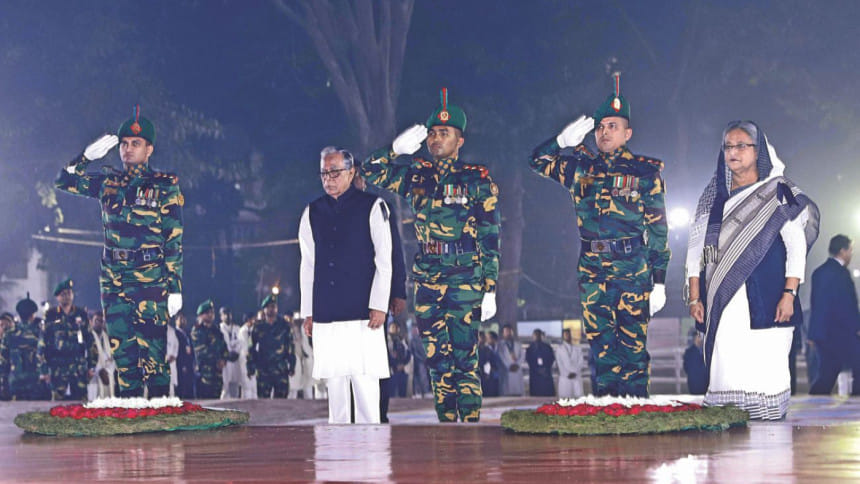
On this day in 1952, many brave sons of this soil laid down their lives to establish Bangla as a state language. But when it comes to the Language Movement, the country's young generation only knows the names of Salam, Jabbar, Barkat, Rafique, and Shafiur, mainly due to indifference by successive governments in this regard.
In 2010, the High Court had directed the cultural affairs ministry to form a committee for making a list of language heroes and publish it in a gazette by January 31, 2012.
The list has not been prepared yet.
The HC issued eight directives following a petition filed by Human Rights and Peace for Bangladesh (HRPB) on August 25, 2010.
The committee was formed the next year, but it failed to come up with the list.
Ahmad Rafique, a language movement hero and also convener of the body, said they could only draw an “incomplete list” of language movement heroes and placed it before the court.
"We suspended preparing the list to avoid a possible debate over it,” he said, adding, "Since then, I have no update on that.”
Rafique said that the committee members, as well as officials of cultural affairs ministry, all unanimously took the decision.
Talking about it, former Bangla Academy director general Shamsuzzaman Khan, a member of the committee, said when they began making the list, “hundreds of people” came to them and claimed that they had participated in the movement.
"We faced problems in verifying their claims."
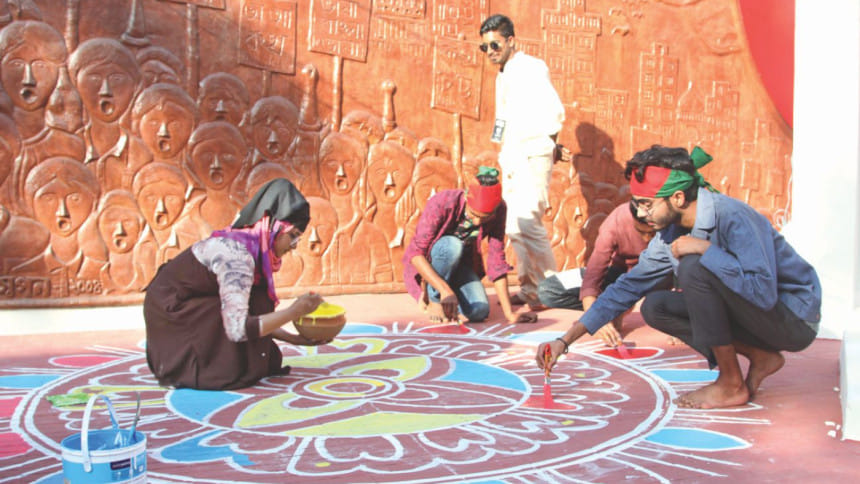
He also said the committee members faced trouble in defining a “language movement hero”.
“If anyone who joined the rally on February 21, 1952 now claims they are a language movement hero, how we will denounce that?” said Shamsuzzaman.
He said the committee suspended making the list as they had seen the debate about the freedom fighters list where many fake freedom fighters somehow got their names in.
Shamsuzzaman proposed engaging senior cultural activists to make district-wise lists.
Bhasha Andolon Museum Executive Director MR Mahbub said those who where there during the Language Movement and knew many war heroes could help in this regard.
Contacted, MR Mahbub said in order to “preserve the memories of the country” and present it properly before the new generation, a full and authentic list of language movement heroes was a must.
"Language Movement veterans who could tell the next generation about our glorious past will not be with us forever. We have already lost many of them. So we must bring together their memories and the important evidence of the movement,” he said.
The committee members said a proper definition of a “language movement hero” had to be worked out.
Rafique echoed Shamsuzzaman's views and said the work was suspended considering how difficult it would be to get accurate information six decades after the movement.
Ninety percent of the people who joined the movement had already died, he said.
"The list should have been prepared long ago. But none of the successive governments bothered about it much," he said.
Rafique said young researchers could be hired to make the full and authentic list.
Contacted, Manzil Murshed, who moved the petition on behalf of the HRPB, a human rights platform, said, "As the court has asked them [the government] to prepare a list, they have to do it. They have obligation to do it.”
Meanwhile, cultural affairs ministry officials said that they had not seen any move from the government during the last few years to prepare the list.
Talking to this newspaper recently, Cultural Affairs Secretary Abu Hena Mostfa Kamal said, “We will take necessary steps regarding preparing the list of language movement heroes.
“We cannot discard the High Court directive,” he added.
Back in 2010, the HC had issued the eight directives to uphold the dignity and sanctity of the Shaheed Minar, which was set up to maintain the spirit of the Language Movement and pay tribute to the heroes.
Apart from making the list, the government had been asked to ensure that all language movement heroes get government facilities and be invited to all state programme.
The court also directed the government to honour the language heroes, both dead and alive, with posthumous and other awards for their contribution to the movement.
The court ruled that the government would provide financial support to the language heroes if they applied for such assistance.
The Language Movement began in 1948 when Pakistan imposed Urdu as the only official language, discarding the claim of Bangla. The movement reached its peak in 1952 and culminated with the adoption of Bangla as one of the state languages of Pakistan.
The events of the language movement led to other landmark movements, including the historic Six-Point Movement of 1966, Mass Upsurge in 1969 and finally the War of Independence in 1971 through which Bangladesh was born.

 For all latest news, follow The Daily Star's Google News channel.
For all latest news, follow The Daily Star's Google News channel. 


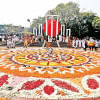

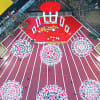
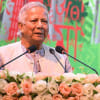


Comments